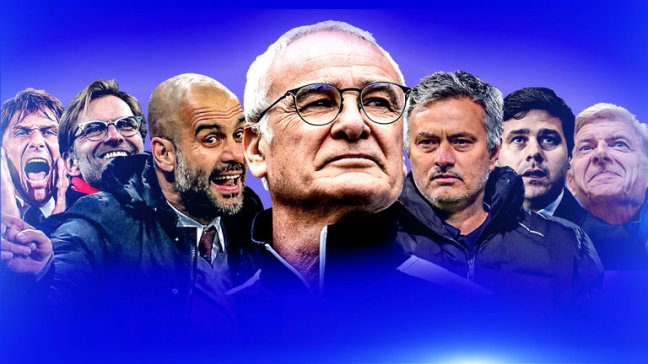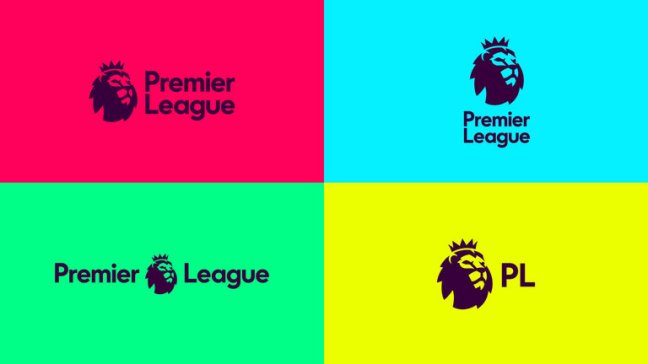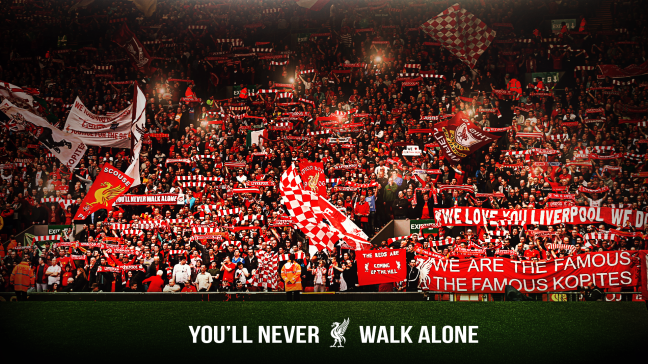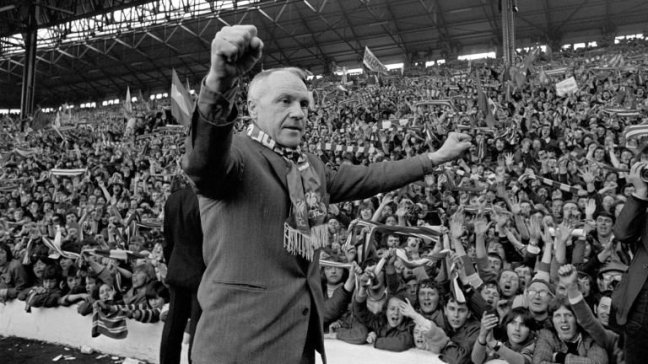
The 2015/16 Barclays Premier League season was the most entertaining and unpredictable season yet. With teams battling it out to stay in the league ahead of the new television deal that will see Premier League teams pocket a £40 million incentive and the race for European football places at its most fierce.
What unfolded was a dramatic season which saw a number of managerial casualties, an absolute meltdown from defending champions Chelsea FC and the sheer brilliance of the most unlikely and eventual champions Leicester City. With everything that unfolded in the season past from managerial appointments with the likes of Jürgen Klopp at Liverpool FC, Pep Guardiola at Manchester City FC, Antonio Conté at Chelsea FC and more recently José Mourinho at Manchester United FC, next season is already shaping up to be quite the humdinger!

For starters, Leicester City will be looking to defend their Premier League crown which they worked so incredibly hard for. The most overwhelming, underdog story in Premier League history unfolded as Claudio Ranieri guided The Foxes to their first ever league success – not bad for a team that were tipped to fight relegation. Next season Ranieri’s men will be looking to prove that they weren’t ‘just a flash in the pan’ and maintain their ‘top four’ status and, hopefully, retain their Premier League title.
Runners-up Arsenal, frustrated with their constant buckling finishes to the league campaign will hope that next season they can go one better and claim the trophy they last won back in 2004. With the club’s fans growing impatient with Arsene Wenger’s lack of silverware over the past few seasons accompanied by the lack of success in Europe, next season could very well be Wenger’s last at the Emirates Stadium.
Manchester City will be under the guidance of flamboyant Spaniard Pep Guardiola who will get his first taste of managing in the English league. Guardiola has made waves in his short managerial career, winning the league title in his first seasons with both FC Barcelona and Bayern Munich respectively. At both his previous clubs, the stylish Spaniard inherited squads consisting of the world’s best footballers in their prime. This time however, Pep may not have it all that easy with the Man City squad a mixture of exciting, world class talent and players coming towards their successful spells. It is going to be very interesting to see how Guardiola fares in his first outing as an English football manager.
Tottenham Hotspur will have a tough act to follow after last season’s third place finish. Mauricio Pochettino’s men came within touching distance of lifting the Premier League crown but fell well short of the mark. Spurs will be encouraged by the dazzling season experienced last term by their stars, Christian Eriksen, Harry Kane and the sensational Dele Alli all stealing the show while pushing Spurs up the table in the process.
Manchester United had the pleasure lifting the FA Cup and equalling Arsenal’s record of 12 FA Cup successes but had a season to forget after finishing fifth behind neighbours Man City in fourth. With the majority of former Old Trafford players (and fans alike) voicing their displeasure at the style of football under Louis Van Gaal, the Dutchman saw his time at the helm come to an end soon after guiding the club to the FA Cup. The Red Devils are determined to step out of the shadows of their noisy neighbours Man City and reclaim their place as the dominant force in Manchester and England. The appointment of new manager and ex-Chelsea boss José Mourinho gives the Old Trafford faithful hope that the glory days will soon return while providing the league with a new and potentially ‘special’ dynamic.
Liverpool were among the big guns that failed to fire last term with a disappointing eighth place finish. The Reds suffered in the opening stages of the campaign under then manager, Brendan Rodgers who was eventually sacked in October. Jürgen Klopp, formerly of Borussia Dortmund, had taken over the Anfield hot-seat and aimed on building for the upcoming season. With the German at the helm, Liverpool were somewhat inconsistent for the remainder of campaign with a number of injuries to key players. Something Liverpool and their fans can take from the past season is the fact that Klopp guided the Anfield club to two finals, The Capital One Cup and Europa League respectively, in his short seven month spell in charge. The future looks bright for Liverpool under the guidance of the passionate German.
Defending champions Chelsea were dismal in their attempts to retain the title they had won under previous manager Mourinho. A fallout between Mourinho and the club’s hierarchy and players lead to Chelsea’s demolition and the eventual sacking of Mourinho. Caretaker manager Guus Hiddink stepped in to steady the sinking Chelsea ship and help ensure that The Blues finished as high as possible. Antonio Conté takes over the reins at Stamford Bridge next season and will be determined to give a good showing of himself and his footballing philosophy.
Apart from the so called ‘big guns’ of the English game, the rest of the top flight will be sure to follow from Leicester’s miraculous feat last season and reach for the proverbial brass ring that is the Premier League crown. With the new season well over a month away and Euro 2016 on the horizon, the 2016/17 season is shaping up to be a mouth-watering affair.



